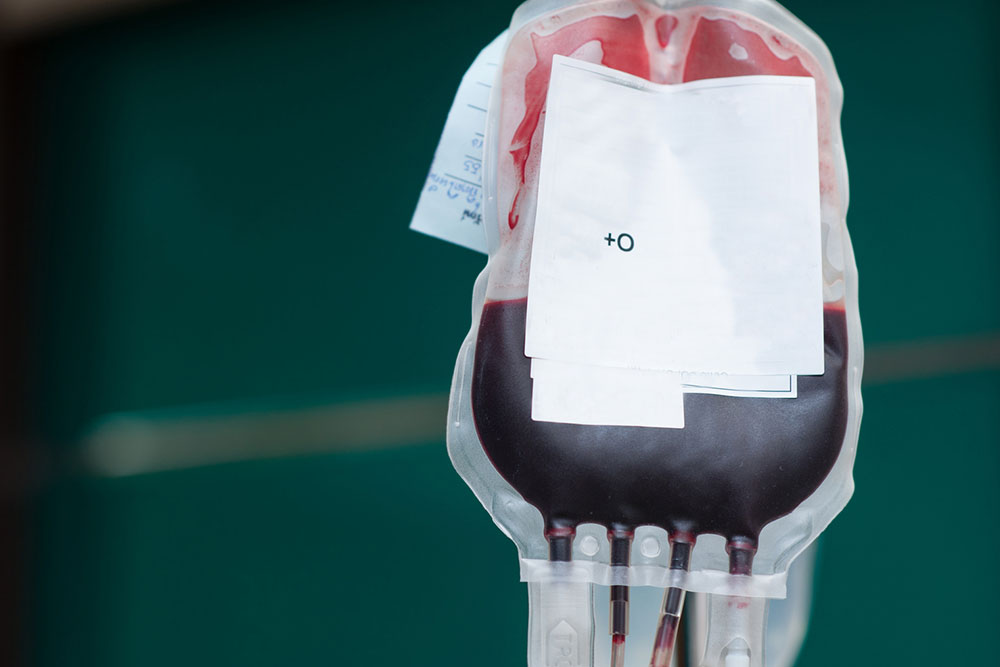
Debunking 5 common cord blood banking myths
Cord blood (that is left in the umbilical cord and placenta after birth) contains special cells that can be beneficial in treating more than 70 types of conditions, including some genetic disorders, neurologic disorders, and even some forms of cancer. This method of stem cell banking has grown leaps and bounds in technology and popularity today. However, there are many myths floating around about cord blood banking. Here are five of them debunked:
Myth 1: Banked blood stem cells are only good for 18 years
Most blood banks offer cord blood storage for 18–20 years. Due to this, many people believe that stem cells ‘expire’ post this point. However, if stored safely, cord blood cells can last indefinitely.
Myth 2: Taking blood samples from the birth mother is unsafe for the baby
When the mother arrives at the hospital for delivery, a tiny amount of blood is drawn from her (before fluids are given). This blood is sent to a laboratory to run an infectious disease panel to screen any potential risks or threats for the child.
Some people believe that giving extra blood before delivery can be dangerous. However, since a very small amount is drawn, this poses no risk of an unsafe delivery for the mother or child.
Myth 3: It’s not possible to bank cord blood in the case of a C-section
Many people are concerned about cord banking in the case of a C-section. Every surgery requires a clean, sterile room, and a cord blood collection bag could pose a concern. When choosing a cord blood bank, opt for a reputable one that only uses sterilized bags for collection. These can be safely brought into the operating room without posing any risk to the mother and child.
Myth 4: All cord blood banks are the same
There is a common misconception that all cord blood banks are the same and the only factor that distinguishes them is their pricing. However, this is not true. It is crucial to select a blood bank that caters to a family’s specific requirements. Some important factors to consider when choosing a blood bank include their testing and processing standards, registration, accreditation, experience, track record, financial stability, and assistance.
Myth 5: Cord blood banking cannot be used for siblings or other family members
Not only is cord blood an ideal genetic match for the donor, but there is also a high chance that these cells can be used for their siblings (from the same biological family). These sibling matches can also decrease the risk of graft vs. host disease. Biological parents also have a 50% match to this banked cord blood, allowing them to benefit from these cells if needed. Cord blood banking, thus, can be used to keep the entire family safe.
It is best to speak to a primary care doctor or gynecologist for more information on the benefits of cord blood banking and to dispel any myths.


